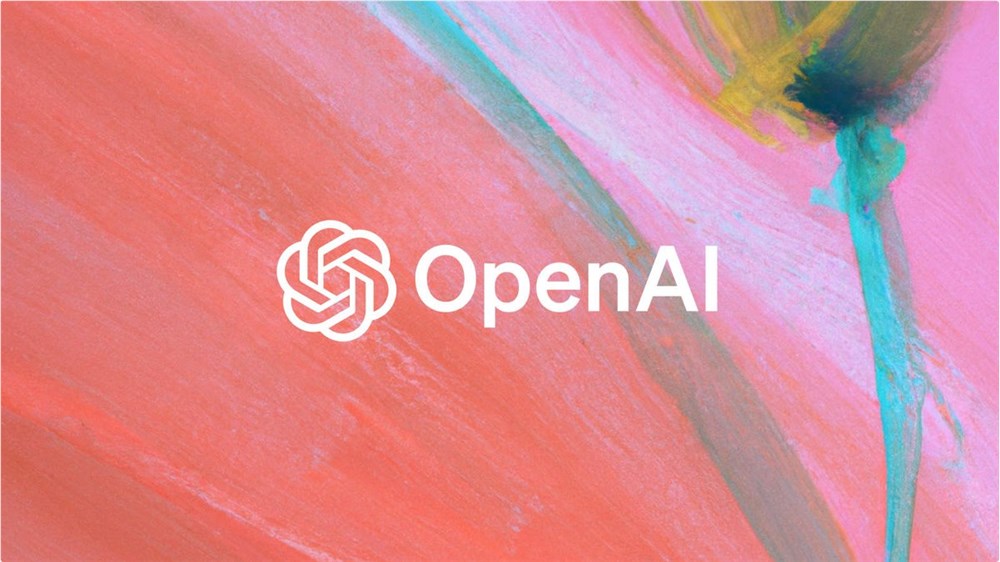Recently, the much-anticipated AI chatbot ChatGPT experienced a malfunction and was unable to process the name "David Mayer" properly. Many attempts by users ended in failure, triggering concerns and discussions about the stability of AI technology. This incident did not stem from data privacy regulations or individual requests, but was caused by mislabeling of OpenAI’s internal tools. OpenAI has quickly fixed the fault and promises to actively solve similar problems to ensure user experience.
Recently, the chatbot ChatGPT encountered an anomaly and was unable to respond normally when faced with the name "David Mayer". The user tried many times to ask ChatGPT to say the name, but whether it was mentioned directly or by modifying the prompt word, ChatGPT responded with an error message or prevented the user from continuing to ask the question.

In response to this issue, OpenAI, the developer of ChatGPT, investigated and finally clarified, stating that the issue was not due to GDPR regulations or individual requests, but due to an internal tool that incorrectly marked the name "Mayer", causing it to respond. is prevented from appearing. OpenAI has fixed this glitch and is actively resolving other similar issues.
The incident has drawn public attention to the limitations and potential glitches of chatbot technology, while also highlighting the problems that artificial intelligence can encounter when processing certain data. As technology continues to advance, such issues are expected to be better solved to improve user experience and chatbot reliability.
The ChatGPT "David Mayer" incident reminds us that even advanced artificial intelligence technology is not perfect and there are still areas that need improvement and perfection. In the future, more powerful error detection and repair mechanisms will become an important direction for AI development to ensure the stability and reliability of AI systems and provide users with better services.